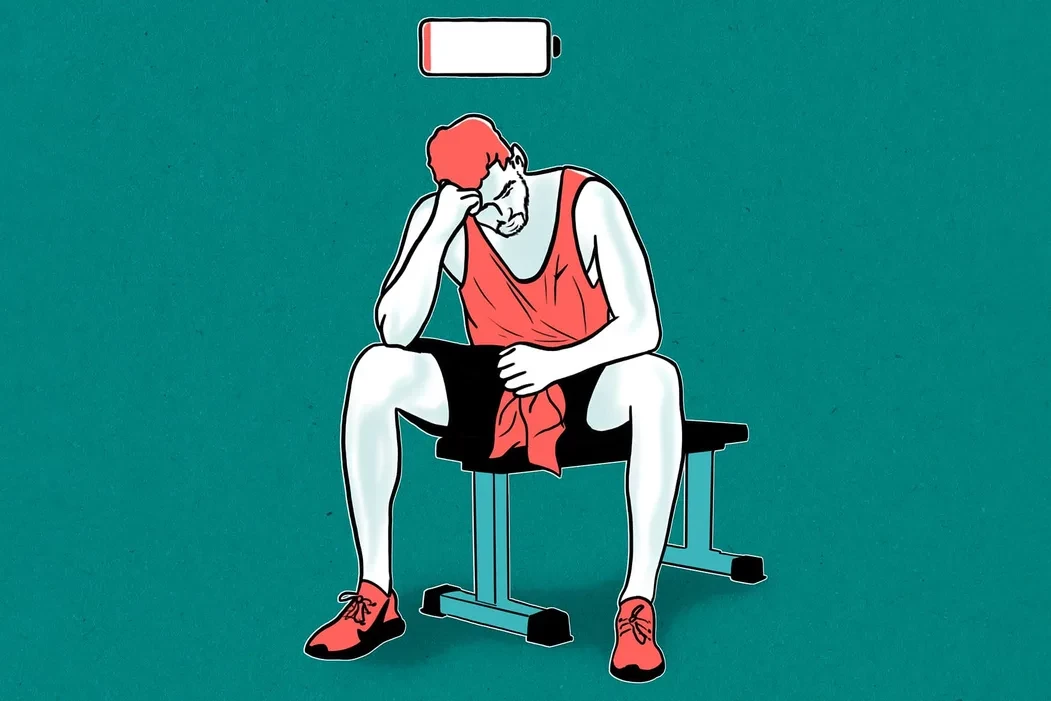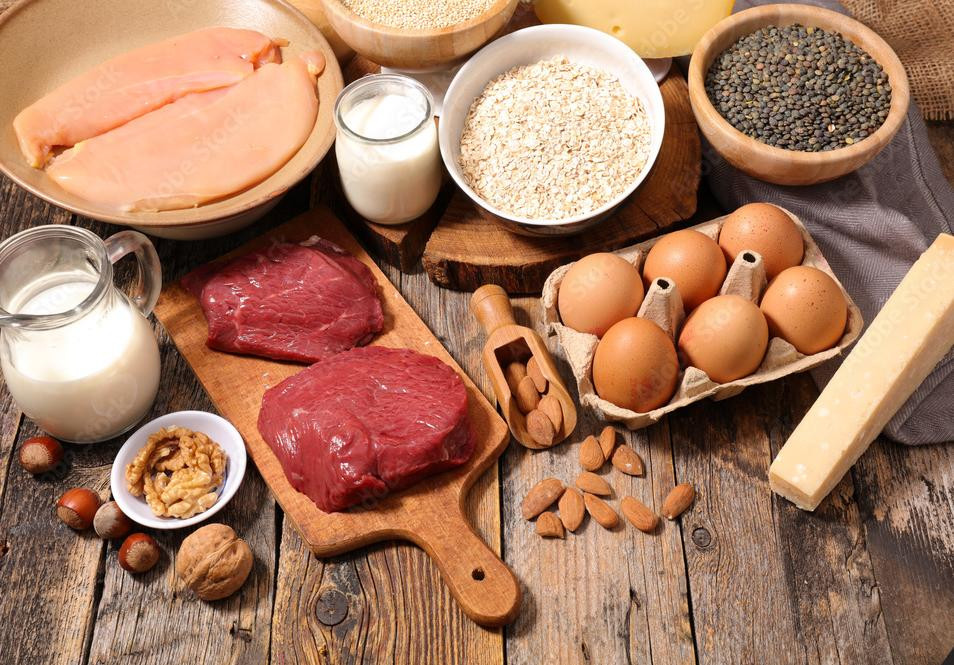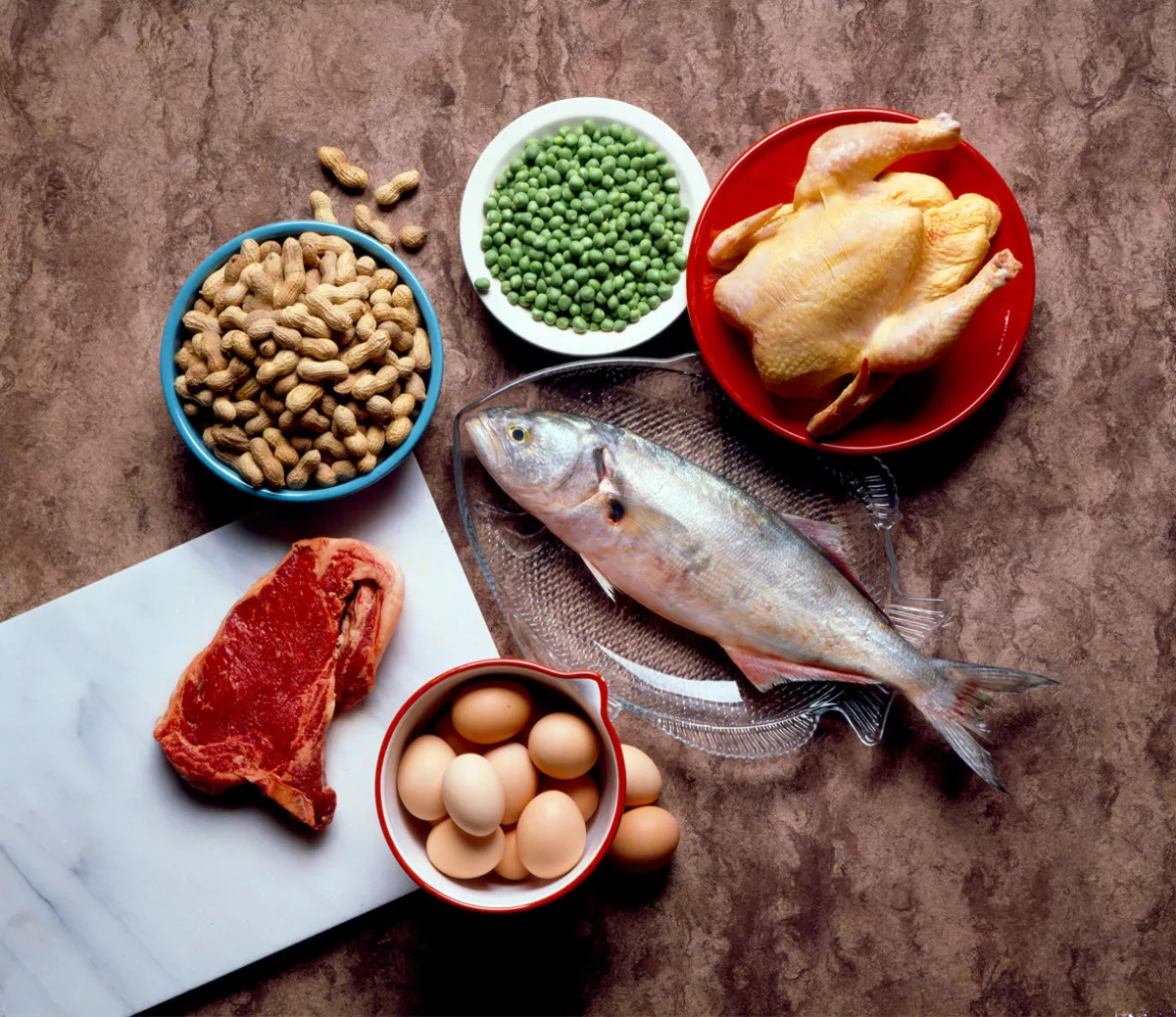Protein is a powerhouse nutrient, critical for maintaining your body’s everyday functions. It’s more than just a muscle builder; it’s essential for the well-being of every cell in your body, from your bones to your skin. Protein provides the amino acids necessary for vital processes, including tissue repair, enzyme production, and immune function. While true protein deficiency is uncommon in developed countries, a diet lacking sufficient protein can still cause noticeable issues.
Why Protein Matters
Proteins are made up of 20 amino acids, nine of which are essential because our bodies cannot produce them. These amino acids play a role in everything from muscle development to the immune system’s response. Without enough protein, your body struggles to maintain these processes, leading to a range of health concerns.
What Happens When Protein is Low?

Protein deficiency varies in severity. While severe cases are rare and often linked to underlying health conditions, even a mild deficiency can impact your health. Here are ten signs to watch out for:
-
Cravings for Protein
When your body lacks protein, it may crave it, signaling you to consume more. This could manifest as a sudden desire for protein-rich foods like chicken or lentils. -
Sugar Cravings
A protein-deficient diet may lead to sugar cravings. This happens because protein helps regulate blood sugar levels, and without it, your blood sugar may spike and crash, prompting a desire for sugary foods. -
Persistent Hunger
Protein helps control your appetite by reducing levels of the hunger hormone ghrelin. A diet low in protein can leave you feeling hungrier throughout the day, potentially leading to overeating. -
Fatigue and Weakness
In the long term, insufficient protein intake can lead to muscle breakdown, resulting in fatigue and loss of strength. This is particularly concerning for older adults, who are more prone to muscle loss. -
Loss of Muscle Mass
Without enough protein, your body may start breaking down muscle tissue to meet its amino acid needs, leading to a decrease in muscle mass. -
Problems with Skin, Hair, and Nails
A significant lack of protein can result in issues like hair loss, brittle nails, and skin problems, as protein is essential for the health of these tissues. -
Frequent Illnesses
Protein is vital for a strong immune system. If your intake is too low, your body might struggle to fight off infections, leading to more frequent illnesses. -
Slow-Healing Injuries
Protein plays a key role in wound healing. A deficiency can slow down the recovery process, as your body doesn’t have the necessary building blocks to repair tissues efficiently. -
Bone Health Issues
Protein is crucial for bone structure. A lack of it can weaken bones, increasing the risk of fractures, particularly in older adults. -
Edema (Swelling)
Severe protein deficiency can cause edema, a condition where fluid builds up in the legs, feet, and abdomen due to low levels of blood proteins.
How Much Protein Do You Need?

Image: Adobe Stock
Protein needs differ from person to person, depending on factors like age, gender, health status, and activity level. Those who exercise regularly may require more protein. To determine your exact needs, consider consulting with a healthcare provider or registered dietitian.









COMMENTS
Comments are moderated and generally will be posted if they are on-topic and not abusive.
For more information, please see our Comments FAQ